H.R. 3077: Agriculture Resilience Act of 2025
The Agriculture Resilience Act of 2025 is a legislative proposal aimed at addressing climate change impacts on the agricultural sector. The primary goals of the bill include:
Climate Change Mitigation
The act sets ambitious targets for reducing greenhouse gas emissions from agriculture, aiming for a 50% reduction by the year 2030 and achieving net-zero emissions by 2040. It emphasizes enhancing agricultural practices that support environmental quality and promote adaptation to climate change.
Funding and Financial Support
The bill proposes significant funding initiatives, which include:
- $50 million annually from the Commodity Credit Corporation.
- $20 million from the National Institute of Food and Agriculture for various climate change initiatives.
Research and Development
It calls for increased research and outreach to farmers, focusing on innovative practices such as:
- Living cover systems which promote soil health.
- Integrated crop-livestock management to create more resilient farming systems.
Agroforestry and Land Management
The bill aims to support agroforestry by establishing grant programs and enhancing management practices to improve soil health and carbon sequestration. Efforts will also be made to enhance farm viability and climate resilience.
Conservation Stewardship Program Amendments
Amendments to the Conservation Stewardship Program will introduce:
- Comprehensive compliance determination processes overseen by the Secretary of Agriculture.
- A new Processing Resilience Grant Program aimed at small meat processing establishments.
Food Systems and Technical Assistance
The legislation provides for technical assistance aimed at improving food systems, enhancing outreach programs for grazing land conservation, and alternative manure management practices.
Labeling and Food Waste Reduction
To promote transparency and sustainability, the bill introduces:
- Stricter labeling requirements for meat and egg products.
- Regulations on composting as part of conservation practices.
- Grant programs focused on food waste reduction in schools.
- National media campaigns aimed at raising awareness and reducing food waste across communities.
Eligibility and Grants
The Secretary of Agriculture will set evaluation criteria for projects that aim to:
- Enhance carbon sequestration.
- Reduce greenhouse gas emissions.
- Promote public health, particularly in underserved communities.
Contracts for eligible projects may last up to three years, with producers able to receive funding covering up to 100% of project costs, subject to a maximum of $825,000 over five years.
Relevant Companies
None found.
This is an AI-generated summary of the bill text. There may be mistakes.
Sponsors
22 bill sponsors
-
TrackChellie Pingree

Sponsor
-
TrackJulia Brownley
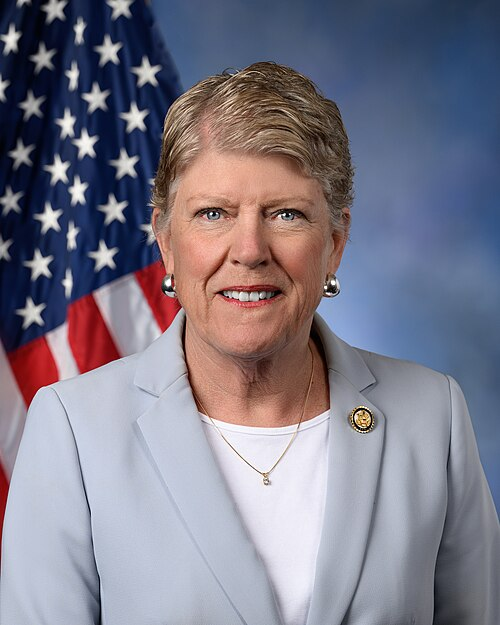
Co-Sponsor
-
TrackGerald E. Connolly

Co-Sponsor
-
TrackMaxwell Frost

Co-Sponsor
-
TrackJosh Gottheimer

Co-Sponsor
-
TrackVal T. Hoyle

Co-Sponsor
-
TrackJared Huffman
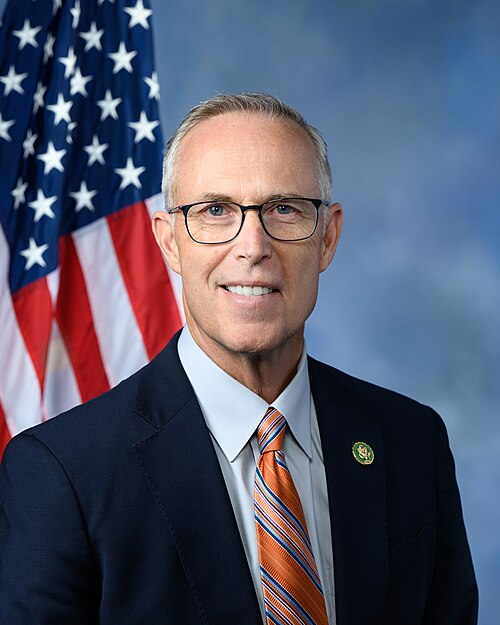
Co-Sponsor
-
TrackPramila Jayapal

Co-Sponsor
-
TrackRo Khanna

Co-Sponsor
-
TrackRaja Krishnamoorthi
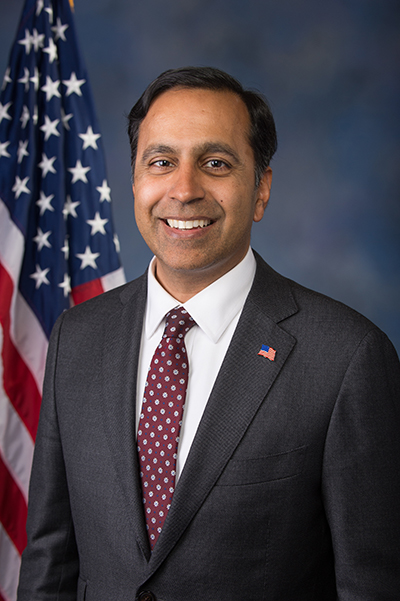
Co-Sponsor
-
TrackMike Levin
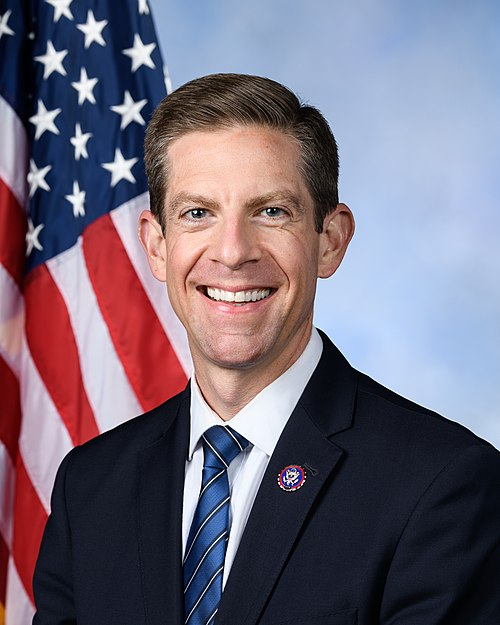
Co-Sponsor
-
TrackBetty McCollum
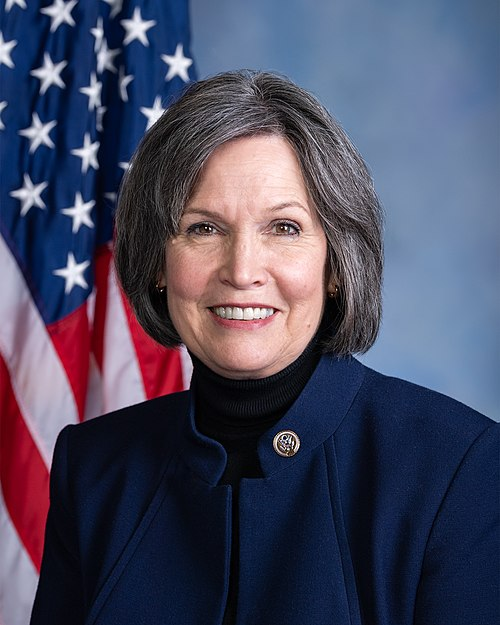
Co-Sponsor
-
TrackSeth Moulton
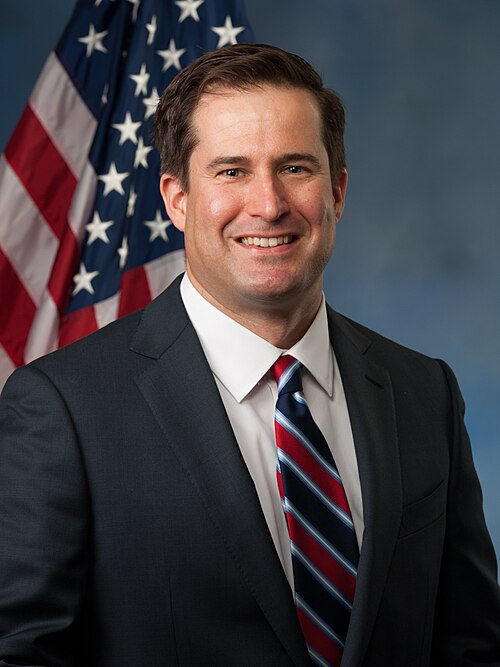
Co-Sponsor
-
TrackJimmy Panetta
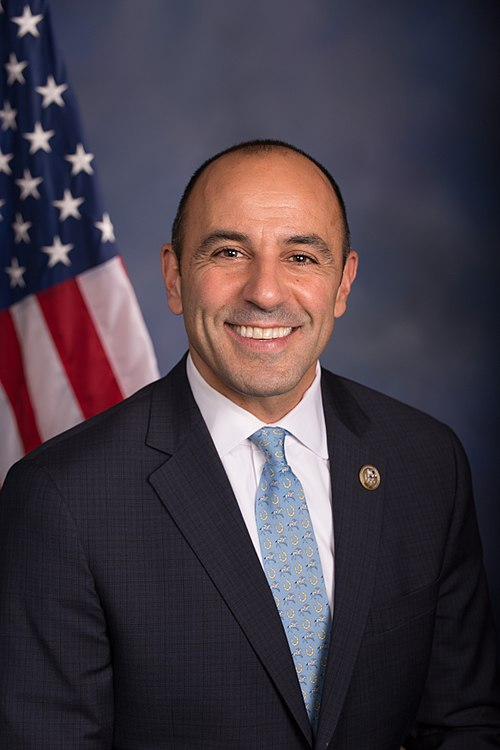
Co-Sponsor
-
TrackStacey E. Plaskett

Co-Sponsor
-
TrackMark Pocan
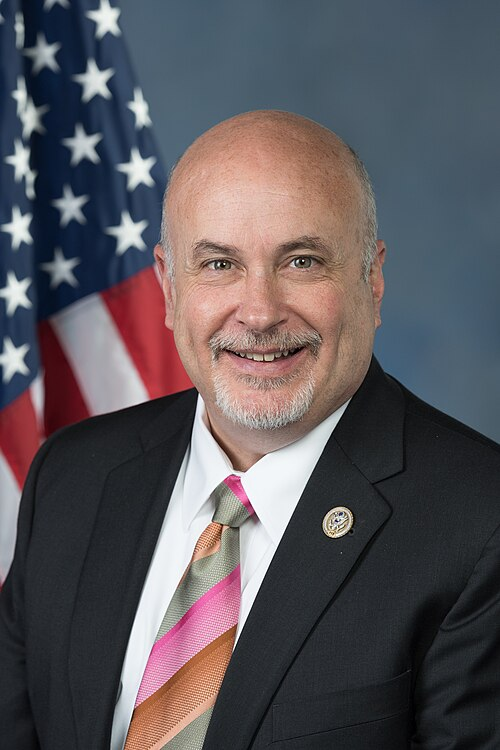
Co-Sponsor
-
TrackMike Quigley

Co-Sponsor
-
TrackKim Schrier
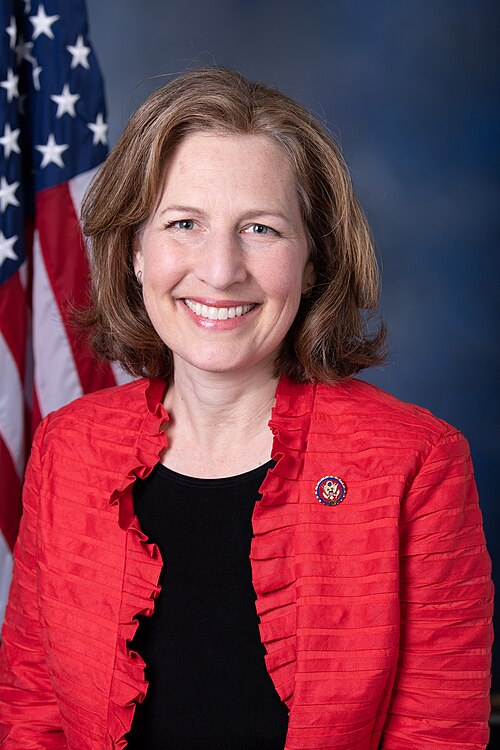
Co-Sponsor
-
TrackMarilyn Strickland
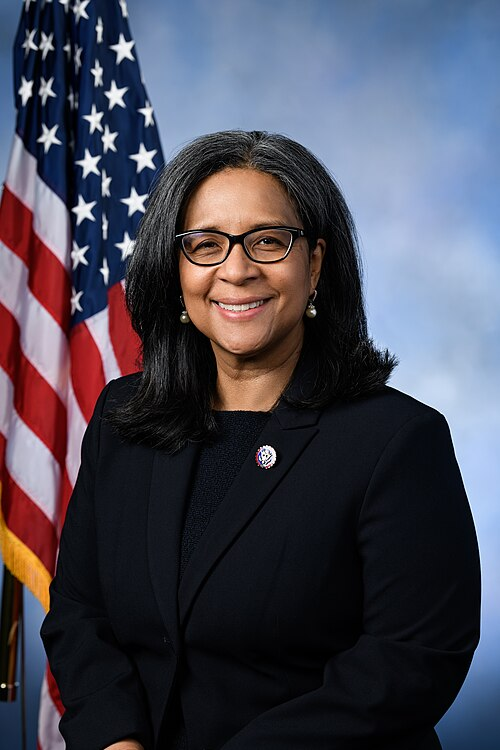
Co-Sponsor
-
TrackRashida Tlaib
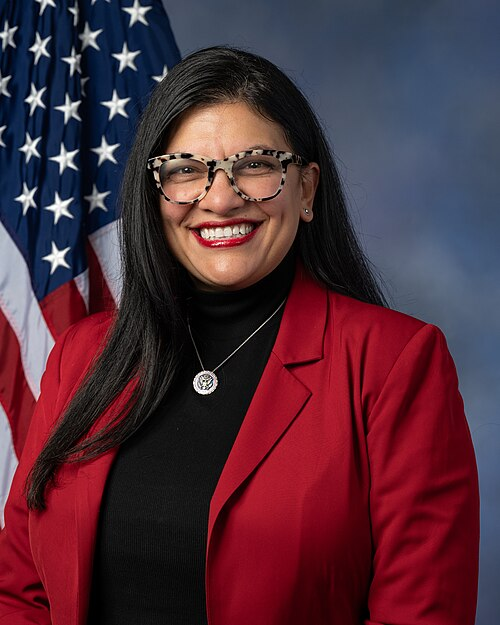
Co-Sponsor
-
TrackPaul Tonko

Co-Sponsor
-
TrackJames R. Walkinshaw

Co-Sponsor
Actions
2 actions
| Date | Action |
|---|---|
| Apr. 29, 2025 | Introduced in House |
| Apr. 29, 2025 | Referred to the Committee on Agriculture, and in addition to the Committees on Education and Workforce, Energy and Commerce, House Administration, and Oversight and Government Reform, for a period to be subsequently determined by the Speaker, in each case for consideration of such provisions as fall within the jurisdiction of the committee concerned. |
Corporate Lobbying
0 companies lobbying
None found.
* Note that there can be significant delays in lobbying disclosures, and our data may be incomplete.
Potentially Relevant Congressional Stock Trades
No relevant congressional stock trades found.